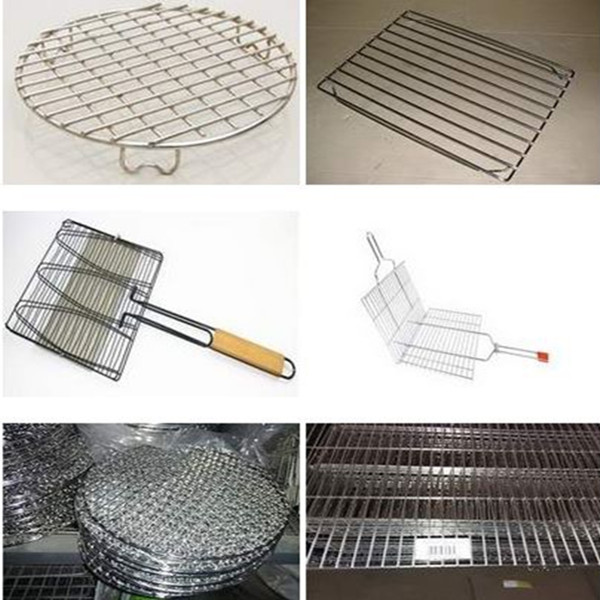1. A variety of fresh vegetables, leaves, and grasses are commonly used as pig feed. However, when these feeds are stored for a long time, they can become hot, moldy, or rotten. If they are left overnight in pots or crocks, nitrates present in the plant material can be converted into nitrites. When pigs consume such feed, it can lead to nitrite poisoning, which is dangerous and potentially fatal.
2. Fresh sorghum sprouts, corn shoots, and flax leaves contain cyanogenic glycosides, which are naturally occurring compounds that can release hydrogen cyanide when broken down. This process occurs under certain conditions, such as when the plants are piled, moldy, or exposed to frost. Even small amounts of hydrogen cyanide can be toxic to pigs. After a frost, regrown shoots from corn and sorghum fields are especially risky.
3. Sprouted potatoes, along with their stems and leaves, contain solanine, a toxic alkaloid. Pigs that eat these parts may suffer from paralysis and other serious health issues. It's important to avoid feeding any part of the potato plant that has started to sprout or turn green.
4. Sweet potatoes affected by black spot disease contain mycotoxins produced by fungi. These toxins can cause severe illness in both humans and animals, making it crucial to avoid feeding any moldy or diseased sweet potatoes to pigs.
5. Raw legumes such as soybeans, black beans, peas, and other pulses contain antitrypsin and other harmful substances that can interfere with digestion and reduce the feed’s palatability. Feeding them raw can cause digestive problems like diarrhea and hinder weight gain. Therefore, these feeds must be properly cooked before being given to pigs.
6. Unprocessed rapeseed cake contains sulfur glucosides and tannins. The sulfur compounds can break down into toxic isothiocyanates when exposed to enzymes in the plant, while tannins can reduce the feed’s taste and cause constipation. It's essential to process rapeseed cake before feeding it to pigs.
7. Moldy feeds such as corn gluten, mixed feed, or compound feed often contain harmful molds like Aspergillus and others. These molds can produce mycotoxins that are dangerous if ingested by pigs, leading to various forms of poisoning and health complications.
8. Distillers’ grains, a byproduct of the alcohol industry, can be fed to pigs in moderation. However, excessive amounts can lead to alcohol poisoning due to residual ethanol. It's generally recommended that distillers' grains make up no more than 30% of the total diet to ensure safety and proper nutrition.
Barbecue Wire Mesh
Barbecue Wire Mesh
The Barbecue Wire Mesh other name is BBQ Wire Mesh. Be made by stainless steel wire and medium carbon steel wire welded or weave to done.
The surface treatment : chrome, nickel, galvanized or polishing .
It is including: round flat/concave Barbecue Wire Mesh, square flat / concave Barbecue Wire Mesh , hemming Barbecue Wire Mesh, welded/weave Barbecue Wire Mesh, stainless steel Barbecue Wire Mesh .
The Barbecue Wire Mesh be maindly used for restaurant , BBQ shop, cookout, camp, military, travel and other activities's barbecue, steam or smoked about pasta, meat or fish.
The advantages of Barbecue Wire Mesh :
High temperatures
non-deformation
anti-rust
non-toxic and tasteless
easy to use

Barbecue Wire Mesh,BBQ Wire Mesh,Folding BBQ Mesh,Welded BBQ Mesh
ANPING COUNTY SHANGCHEN WIREMESH PRODUCTS CO.,LTD , https://www.scwiremesh.com
